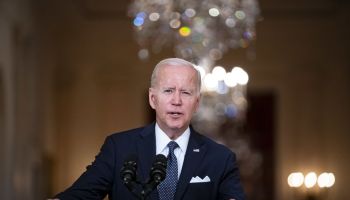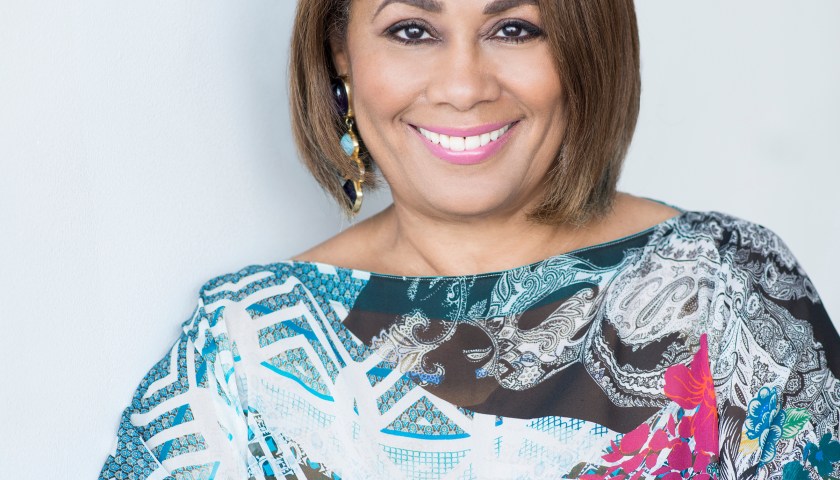The 1968 Olympics were a watershed moment for the black protest movement United States.
The image of the black glove-adorned fists of Tommie Smith and John Carlos thrust skyward on the medal stand in Mexico City has been seared into my mind’s eye since I was in the 4th grade. That is when Mr. DeBrady, a primary school teacher of mine, first brought it to my attention in the form of a comic book from the Golden Legacy Series. By that time I had heard of Olympic greats such as Edwin Moses, Jesse Owens and Wilma Rudolph, but I had yet to put those figures into perspective as far as my personal worldview was concerned. That’s mostly because I didn’t have a worldview. I was 9 years old. It was all just random bits of information that meant very little to me. That is until I learned the story of Tommie Smith and John Carlos.
These young men had dedicated their lives to track & field and Olympic gold. They then knowingly sacrificed everything they worked for to make a political statement. It’s as mind-boggling to me today as it was nearly 30 years ago as I read their story in comic book form during recess. In fact, it is even more amazing to me today than it was then.
From the time I read that comic book I looked at sports figures in a different way. I went on to learn about Paul Robeson, an All American football player, singer and actor turned civil rights activist, and the great Muhammad Ali who gave up his freedom, his belt and millions of dollars for refusing to enlist in the United States Armed Forces during the Vietnam War. I knew him only as a boxer up until that point. He was far more. NFL Hall of Famer Jim Brown has also been at the forefront of civil rights politics for over 40 years. These were my sports heroes as a child. I didn’t believe that all black athletes should speak on or act on matters of social importance to African Americans, but I did think that there would be other Muhammads, other Jim Browns and other Robesons. I am aware of the fact that 1968 was a year filled with activism the likes of which this country may likely never see again, and I’m also aware that the new millineum has shaped up to be activism-less as far as many African Americans are concerned. Lots of complaints but very little activism. But activism from sports figures of color is non-existent.
There are some who would point to a black man being president of the United States as one reason why we don’t need black sports activism, but that is a moot argument. We cannot truly claim the president because he is not our champion, he is the POTUS. But an athletic activist can be our champion and be a champion as well.
“Republicans buy shoes, too,” Jordan reportedly quipped to a friend on why he wouldn’t endorse a black Democratic candidate, Harvey Gantt, in a 1990 North Carolina Senate race against Republican Jesse Helms. I was a teenager, but not clueless. It was clear that Jordan was a money-making machine, and any political leanings in either direction could throw a cog in the gears of that all important mechanism. Be that as it may, I still had some hope that the best basketball player ever would use his clout to speak on issues other than those that affected him directly. i suppose those were just the whimsical musings of a child.
Muhammad Ali in 1965
Very few of the best players from our favorite sports are involved in any kind of activism other than charitable organizations that only become important twice a year; during the off season for fundraising purposes and during tax season for financial purposes. The modern rendition of giving back is to throw crumbs at a particular group of downtrodden souls and snap a few photos with those precious little scamps affected by (insert issue here). They’ll be sure to remember all the catch phrases for those “NBA Cares” commericals and have that be that. To be certain, there is no way that anyone could throw shade at the altruistic accomplishments of Alonzo Mourning, David Robinson and many others. There are many that dedicate the remainder of their lives to being champions to their chosen cause after their playing days. But these causes are rarely soci0-economic and the times they are political are rarer still.
Craig Hodges during his playing days.
The last professional athlete to speak out on social issues partaining to black people was former Chicago Bulls guard Craig Hodges. After winning a ring in 1992, Hodges showed up at the traditional players visit to the White House for photo opportunities. He showed up wearing a dashiki and presented then president George H.W. Bush with a letter expressing his discontent with the way the administration treated minorities. He also criticized Michael Jordan for his apparent apathy towards social issues as well.
Read more here.
















